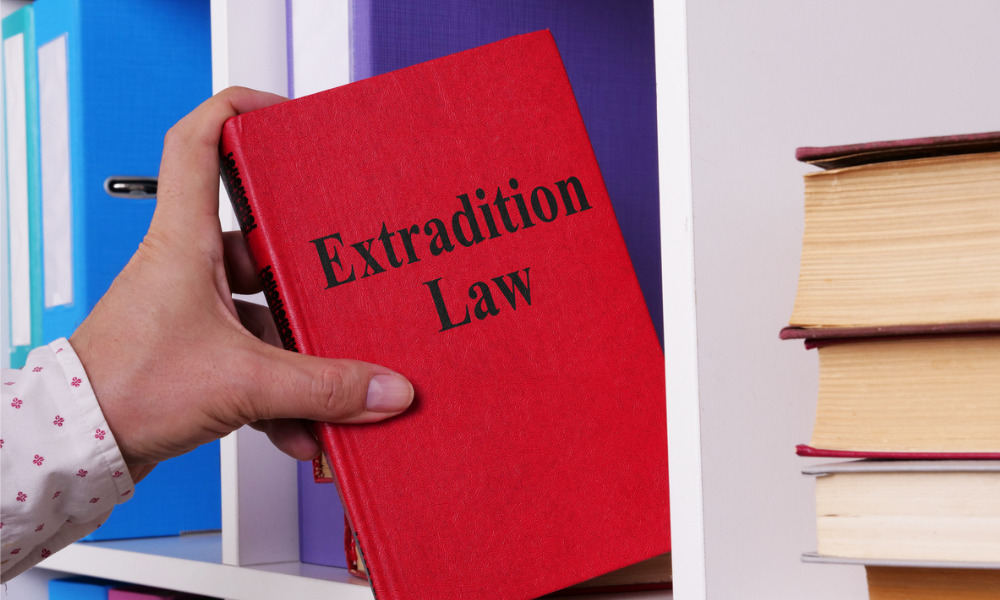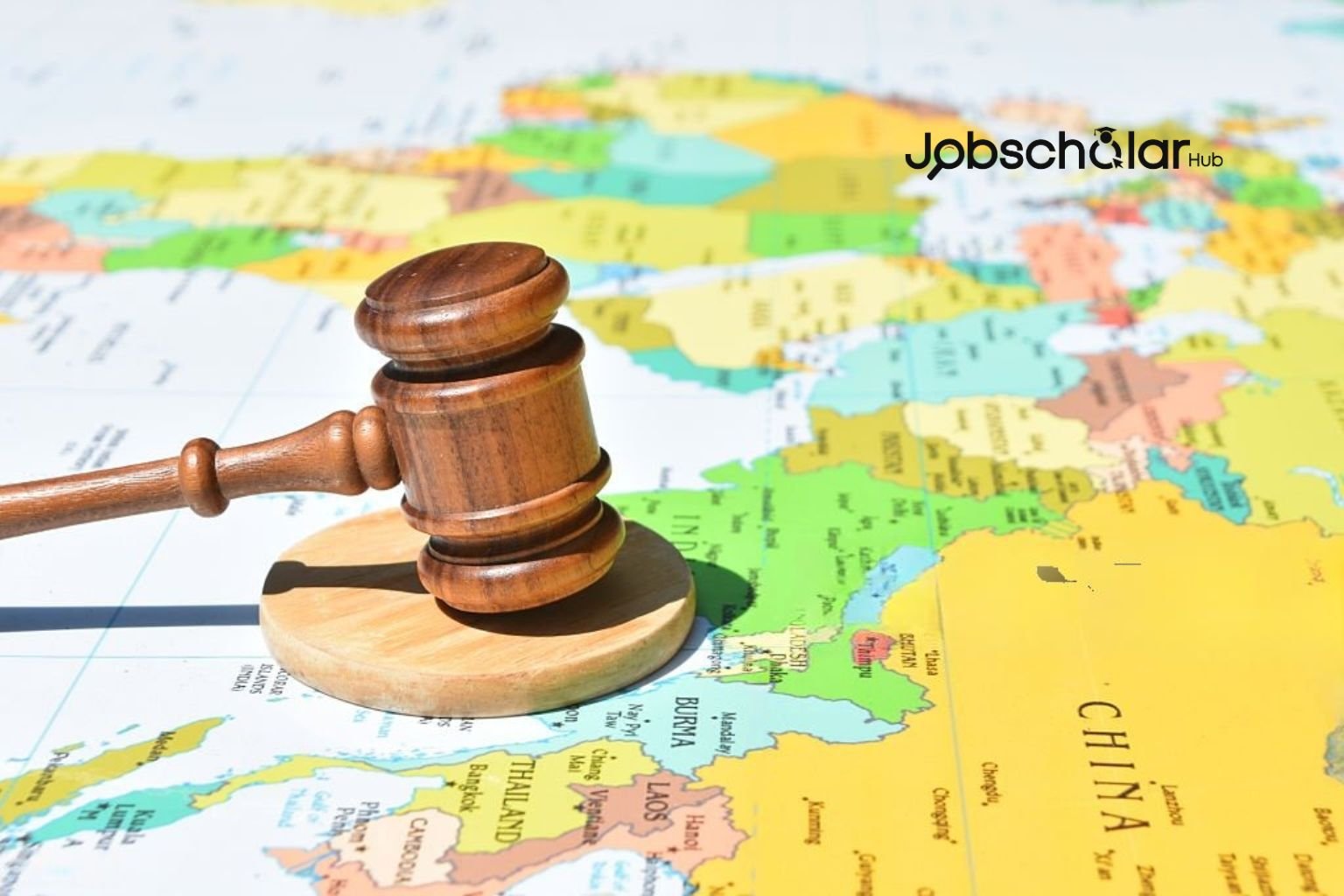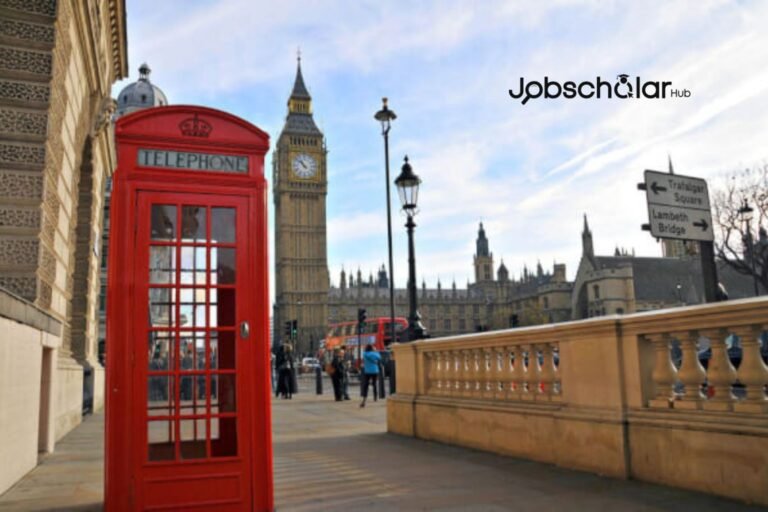Not every country has an extradition agreement with Canada. Some places simply don’t send fugitives back, for reasons ranging from politics to policy. If someone is in legal trouble and wants to avoid extradition, they often look for countries without extradition to Canada.
This guide covers the basics, key destinations, and what makes them no-go zones for Canadian authorities. It explains legal systems, residency rules, safety, and more. People often Google this for curiosity, privacy, or research.
Here’s a detailed look at the realities of countries without extradition to Canada.
Table of contents
- Which Countries Have No Extradition Treaty with Canada?
- How Do These Countries Handle Foreign Legal Requests?
- Can You Live Safely in Countries Without Extradition to Canada?
- Can You Get Residency or Citizenship Easily?
- What Are the Downsides of Hiding in These Countries?
- FAQs
- Conclusion
- References
- Recommendations
Which Countries Have No Extradition Treaty with Canada?

Canada has extradition treaties with many countries, but not all. Here are places without formal agreements:
- China
- No formal extradition treaty with Canada.
- Political relations have blocked past attempts.
- China handles fugitives through diplomatic means, not always court-based.
- Residency is difficult for non-Chinese nationals.
- Surveillance is tight.
- Criminal cases involving Canadians can still be prosecuted locally.
- Russia
- No bilateral extradition treaty.
- Canada has condemned human rights practices in Russia.
- Getting citizenship is tough.
- The Russian state doesn’t cooperate with Canadian law enforcement.
- Public corruption exists.
- The country prosecutes some foreigners domestically.
- United Arab Emirates (UAE)
- No official treaty, but cooperation has happened.
- Extradition to Canada from UAE requires a case-by-case approval.
- Dubai is a popular refuge because of business opportunities.
- Short-term residency is easy; long-term residency needs investment.
- English is widely spoken.
- Financial crimes attract more attention.
- Vietnam
- No treaty in place.
- Political ideology plays a role in rejecting extradition.
- Tourism-friendly, but immigration for long-term stays is selective.
- Local legal system operates differently than Canada’s.
- Government has been historically resistant to pressure.
- Some fugitives have successfully stayed long-term.
- Saudi Arabia
- No direct extradition treaty.
- Decisions made through royal decrees.
- Religious law controls many aspects of the legal system.
- Limited freedom of expression.
- Entry and stay allowed for employment or business.
- Privacy is respected in certain communities.
Read also: Does UK Allow Dual Citizenship? Disadvantages, Hidden Costs and Issues
How Do These Countries Handle Foreign Legal Requests?

Understanding how countries without extradition to Canada manage law enforcement cooperation is crucial. It’s more complex than “no treaty = safe haven.”
- Diplomatic Relations Matter: Even if there’s no treaty, countries may still deport or expel someone informally.
- Case-by-Case Handling: Local courts or governments can still approve removals.
- Interpol Red Notices: Many countries act on these even without treaties.
- Public or Political Interest: If the case is high-profile, actions are unpredictable.
- Legal Loopholes: Some nations use immigration laws instead of extradition ones.
Can You Live Safely in Countries Without Extradition to Canada?

Safety depends on your legal, financial, and social status. Some places are welcoming, others less so. Here’s what to expect in certain countries without extradition to Canada:
- Russia
- Foreigners face scrutiny.
- Moscow is expensive but has modern services.
- English isn’t widely spoken.
- Bribery may be a norm in local services.
- Strong local networks help.
- UAE
- Dubai offers high-end lifestyles.
- Most expats are workers or investors.
- Strict laws but low crime.
- Cultural sensitivity required.
- Easy to blend into expat community.
- Vietnam
- Safe for travelers.
- Small expat communities in Da Nang and Hanoi.
- Healthcare quality varies.
- Language barrier exists.
- Cost of living is low.
- China
- High surveillance.
- Limited access to Western social media.
- Urban areas are dense.
- Local enforcement is strict.
- Some cities allow foreign-owned businesses.
- Saudi Arabia
- Foreigners need employer sponsorship.
- Western lifestyles only in special zones.
- Gender rules enforced strictly.
- Expat life exists but under restriction.
- Wealth helps.
You should read: Permanent Residency in Australia: A Complete Guide
Can You Get Residency or Citizenship Easily?

Residency and citizenship options vary by country. If avoiding extradition, legal presence is still necessary.
- Russia
- Long path to citizenship.
- Investor visa exists.
- Must report to authorities regularly.
- Tax obligations arise quickly.
- UAE
- No path to citizenship.
- Investor or employment visas.
- Business setup is popular.
- Residency needs to be renewed.
- Vietnam
- Residency cards issued after certain period.
- Citizenship nearly impossible.
- Long-stay visas require work or family reasons.
- China
- Green cards rare.
- Residency tied to work.
- Difficult process.
- Saudi Arabia
- Recent reforms allow for special residency.
- Citizenship is rare.
- Kafala system still applies in many cases.
Read also: Pros and Cons of Dual Citizenship: All you Need to Know
What Are the Downsides of Hiding in These Countries?

Countries without extradition to Canada aren’t risk-free. Many people wrongly believe they are beyond the law forever.
- Unpredictable Politics: Laws can change overnight.
- Corruption: Bribery and red tape.
- Language Issues: Legal help is hard to find.
- Limited Legal Protections: Foreigners have fewer rights.
- Living Costs: Not always cheap.
- Isolation: Cultural and social.
- Travel Limits: Hard to leave without notice.
- Risk of Deportation: Still possible.
Read also: How to Get Dual Citizenship in Portugal: Complete Step-by-Step Guide
FAQs
Yes, if Interpol issues a red notice or for immigration reasons.
No. It has cooperated with Canada before. It’s case-by-case.
Unlikely. Most don’t offer asylum to fugitives.
No. Many still act on notices, especially politically.
Being present may be legal, but not avoiding justice.
Conclusion
Hiding in countries without extradition to Canada isn’t a guaranteed escape. Every country has its own rules. Some work with Canadian authorities on a case-by-case basis. Residency can be hard to obtain. Language and cultural barriers create problems. Risk is always there.
Choosing such a country needs legal advice and real understanding of local laws. Don’t rely on internet rumors. Things change. Countries without extradition to Canada may seem like havens, but they come with real-world costs. Think carefully, act wisely, and get proper guidance before making any life-altering move.
You should read: Is Living in Spain Good? Complete Guide to Life in Spain 2025






